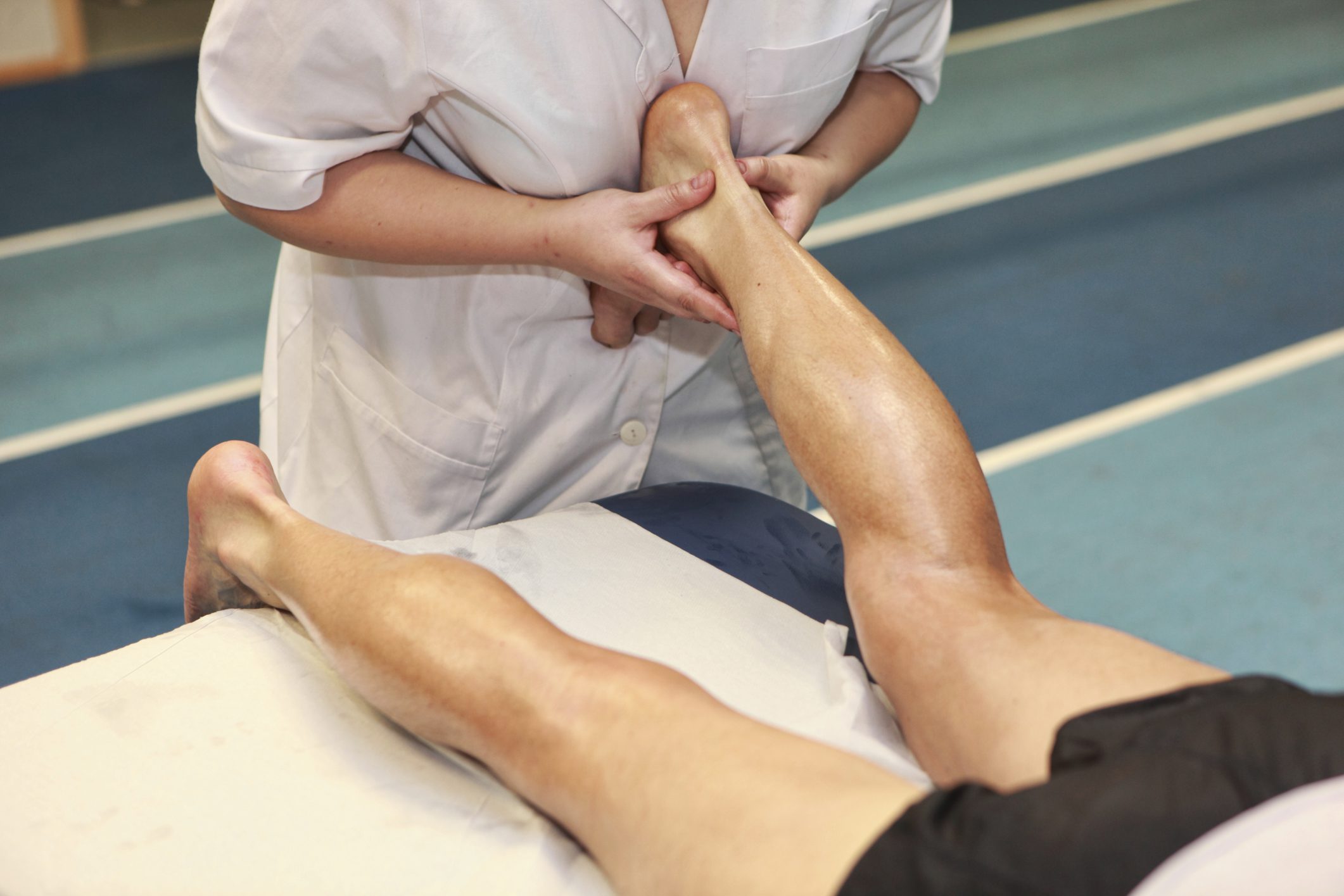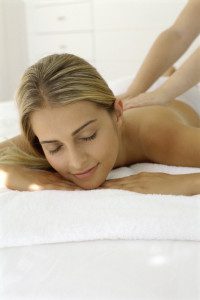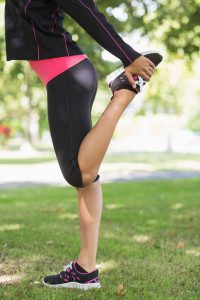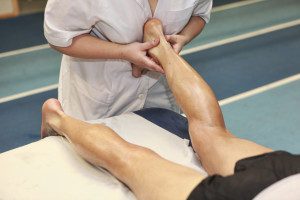Fact and Fiction: Massage therapy and athletic performance

— By Jessica Pearo
 Many athletes assume receiving massage therapy frequently will help them prevent injury and improve performance. What does the research say about triathletes receiving frequent massage? Does massage truly have an impact on performance and recovery? Unfortunately, the research is full of uncertainty. Many of the studies have been inconclusive or have been poorly designed to clearly show evidence towards the use of massage therapy. Here is what we do know.
Many athletes assume receiving massage therapy frequently will help them prevent injury and improve performance. What does the research say about triathletes receiving frequent massage? Does massage truly have an impact on performance and recovery? Unfortunately, the research is full of uncertainty. Many of the studies have been inconclusive or have been poorly designed to clearly show evidence towards the use of massage therapy. Here is what we do know.
Pre-event massage
Before any race, triathletes undergo both a physiological and psychological warm-up. Positive anxiety is heightened prerace, causing blood pressure to be elevated. This can have both a positive or potentially negative effect. A literature review conducted in 2008 shows that massage before an activity can influence blood pressure, directly effecting performance. Effleurage and petrissage massage techniques (gentle stroking along the muscle belly) have been shown to reduce blood pressure while deep friction massage and trigger point release increases blood pressure. Therefore, the research points towards gentle techniques as the best option to reduce athlete anxiety pre-event. However, you can also argue that you want to increase the activity of the sympathetic nervous system, which is responsible for the fight or flight response, and the release of positive hormones used to improve performance. By doing trigger point release (sustained pressure on a muscle “knot”), you may indirectly increase the sympathetic nervous system response and increase the athlete’s excitement for activity.
Effects on performance
Many people assume that massage improves flexibility and strength. The literature has not concluded that there is any direct effect of massage on improving flexibility and strength in the long term. There does seem to be a transient increase in flexibility, but this seems to only be evident in athletes who have less than normal flexibility.
Effects on recovery
Athletes believe massage helps to improve blood flow, reducing the amount of lactic acid in the system and reducing muscular fatigue post-race. Some research has shown that manual massage does not increase arterial blood flow, which would remove the lactic acid. However, people tend to relax with gentle massage and, through this muscular relaxation, the lactic acid can be removed more quickly because the muscle tone in the muscle is reduced. Others say the placebo effect is so strong that athletes believe the massage removes lactic acid so they do not feel the same soreness in the following days regardless.
What can be extrapolated from this information?
Each triathlete is different and clinicians should be aware of the type of athlete they are dealing with. If they tend to have a calm personality, pre-race trigger point release and deep massage may be beneficial. However, if they are a highly anxious person it may be more appropriate to use effleurage and lighter massage before they race. The research is not well developed in this area, so each athlete should learn what works best for them. Whether or not the actual massage influences the strength or flexibility of muscles is up for debate, but there may be an indirect effect on performance based on anxiety/mood and blood pressure. Athletes subjectively report that post-race massage helps reduce lactic acid development regardless of what the research shows. However, if an athlete is suffering from an injury, rehabilitative massage does seem to have literature support for certain conditions.
 Should athletes receive regular massages?
Should athletes receive regular massages?
The one benefit of having frequent massages is the athlete is able to develop a good relationship with a therapist who knows their body. A trained massage therapist or physiotherapist is able to pick up changes in the soft tissue which may be early signs of an injury or something which needs to be addressed. Whether or not a massage will improve a triathlete’s performance is up for debate, but it has been shown to improve the psychological state of an athlete. Further research is warranted in this area before we are able to give concrete evidence for it. Until then, enjoy the relaxation benefits.
Jess Pearo is a former elite runner who now works as a physiotherapist.
